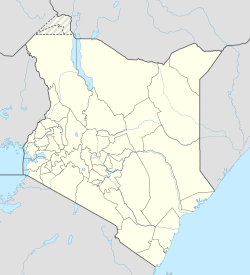 2009 CECAFA Senior Challenge Cup Logo | |
| Tournament details | |
|---|---|
| Host country | Kenya |
| Dates | 28 November – 13 December |
| Teams | 12 (from 2 confederations) |
| Venue | 2 (in 2 host cities) |
| Final positions | |
| Champions | |
| Runners-up | |
| Third place | |
| Fourth place | |
| Tournament statistics | |
| Matches played | 26 |
| Goals scored | 58 (2.23 per match) |
| Top scorer(s) | (5 goals) |
← 2008 2010 → | |
The 2009 Orange CECAFA Senior Challenge tournament was the 33rd edition of the CECAFA Cup football tournament that involves teams from East and Central Africa. The 2009 edition was hosted in Kenya. [1]

